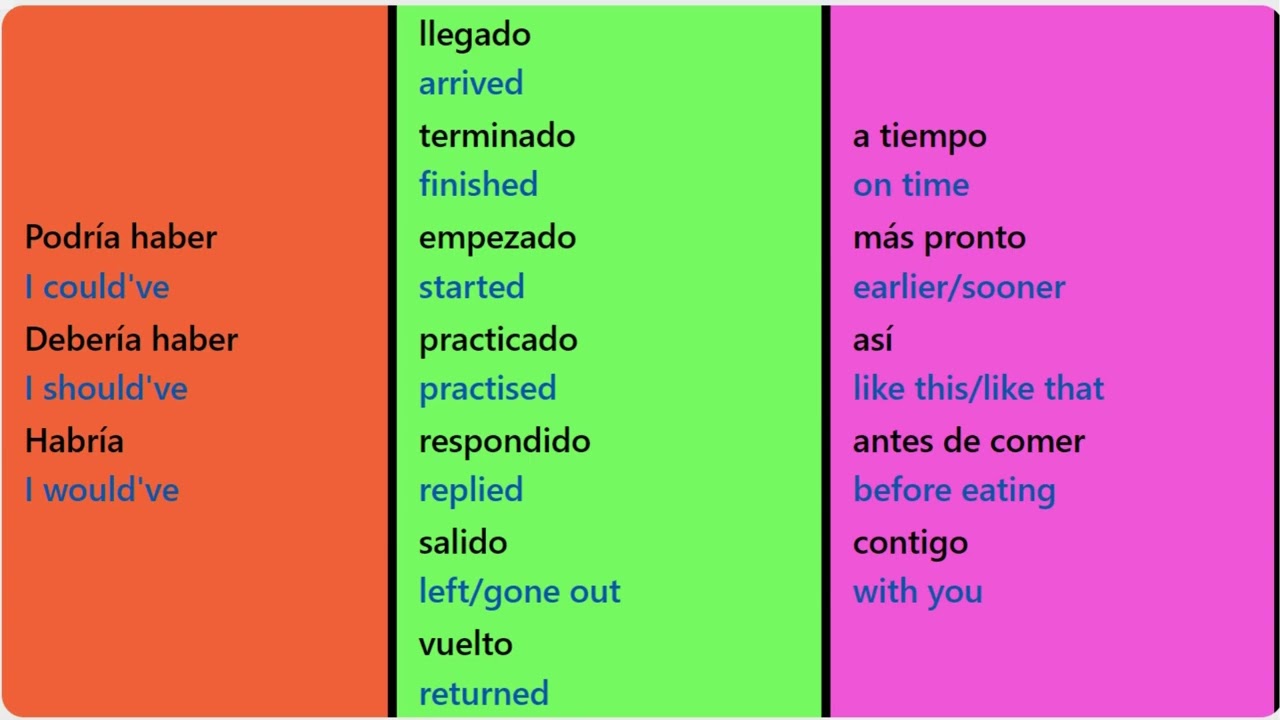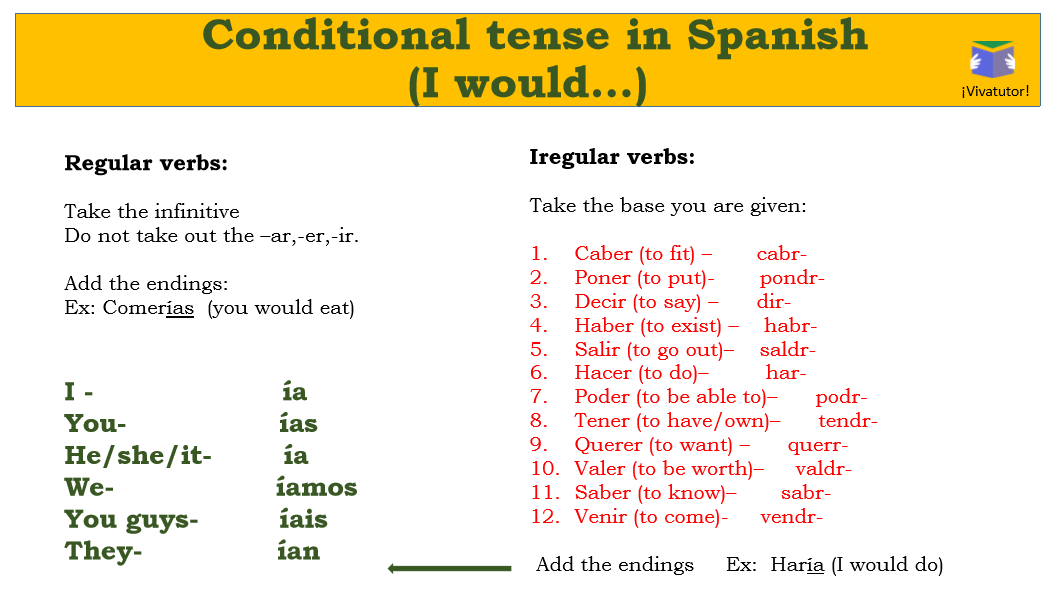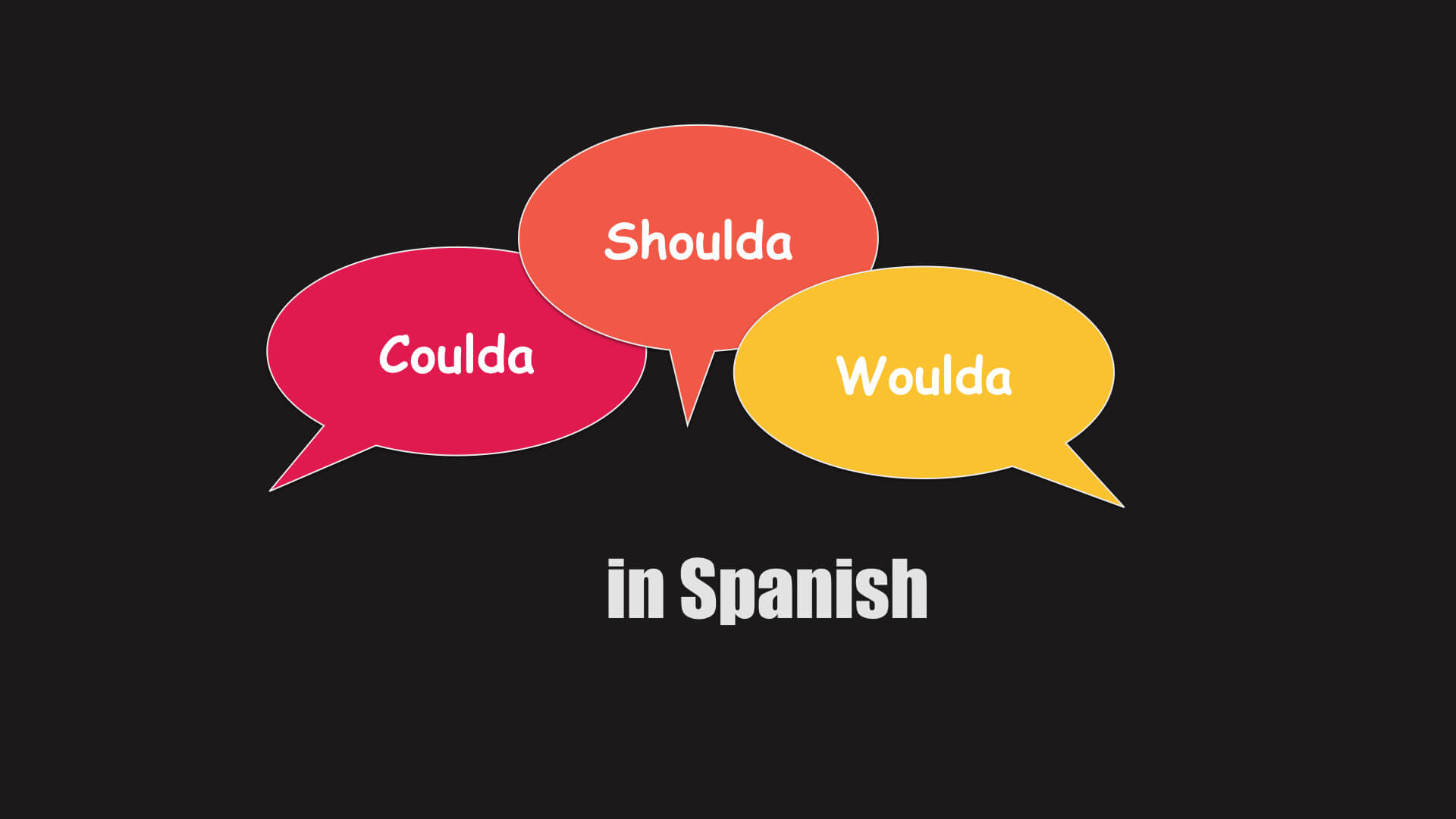Alright, so today’s dive is into something I was wrestling with the other day: “should’ve” in Spanish. Seems simple enough, right? But man, I got lost in the weeds for a bit.

It all started when I was trying to tell my friend, Maria, about this book I should’ve read a long time ago. I wanted to say, “I should’ve read that years ago!” Easy peasy in English, but then my brain just kinda froze when I went to translate it.
First, I thought, “Okay, ‘should’ is like ‘debería,’ right?” So I tried something like “Debería haber leído eso hace años.” Sounded…off. I mean, grammatically, it’s probably okay, but it just didn’t hit the way I wanted it to. It felt too formal, too stiff.
Then I remembered something my Spanish teacher hammered into our heads: the conditional perfect. It’s the “would have” form. So, I was like, “Aha! Maybe ‘habría’ is the key!” I tried, “Habría leído eso hace años.” Better, definitely better! It sounded more natural, more like what I was aiming for.
But still, something was nagging at me. It felt a little too…textbook. I wanted something with a bit more oomph, a bit more regret, you know?
So, I did what any self-respecting language learner does: I started Googling. I typed in things like “should have Spanish translation” and “expressing regret in Spanish.” I dug through forum posts, translation sites, and even watched a couple of YouTube videos.

What I found was that there’s no single, perfect translation for “should’ve” that works in every single context. It really depends on the nuance you’re trying to convey. The “habría” construction is solid, but sometimes, you need to add a little something extra.
Here’s what I landed on, after a bit of trial and error:
- If you want to express a sense of obligation or duty, “debería haber” works, but try to soften it with something. Like, “Tendría que haber leído eso hace años” (“I really should have read that years ago”). The “tendría que” gives it a bit more weight.
- If you’re focusing on the hypothetical outcome, “habría” is your friend. “Habría sido mejor si hubiera leído eso antes” (“It would have been better if I had read that sooner”). See how you can play around with the sentence structure to get the feeling right?
- And if you want to express pure regret, like a “darn, I really messed up” kind of regret, you can use “Tenía que haber” combined with something like “más remedio,” meaning “no other choice”. “No tenía más remedio que haber leído ese libro antes.” It implies that you knew you should, and there were consequences for not doing so.
In the end, I told Maria something along the lines of, “Habría sido mejor si lo hubiera leído antes, pero bueno…más vale tarde que nunca!” (“It would have been better if I had read it sooner, but oh well…better late than never!”).
The biggest takeaway for me was that translating “should’ve” into Spanish isn’t just about finding the right words; it’s about understanding the feeling you want to express and then finding the combination of words and sentence structure that gets you closest to that feeling. It’s all about context, context, context!
Anyway, that was my “should’ve” adventure for the day. Hope it helps someone else out there who’s struggling with the same thing!




